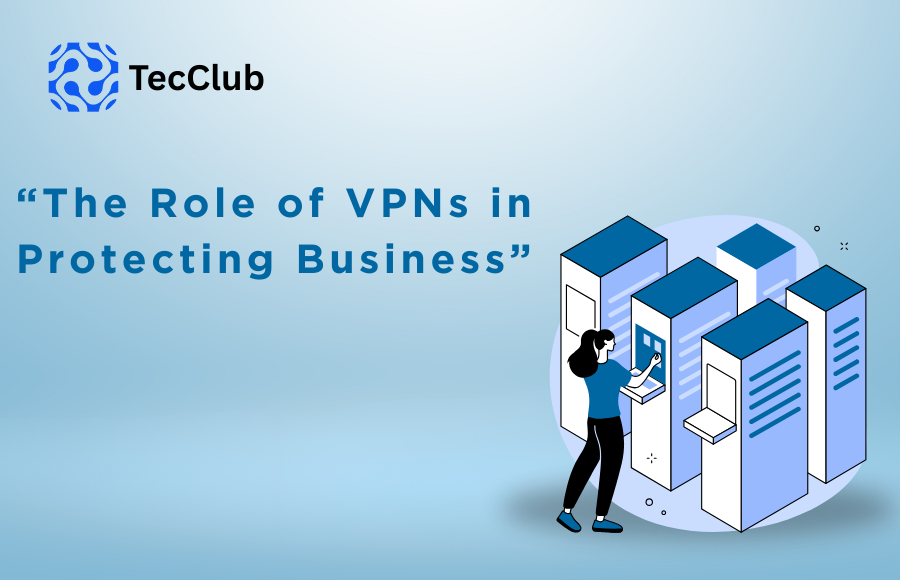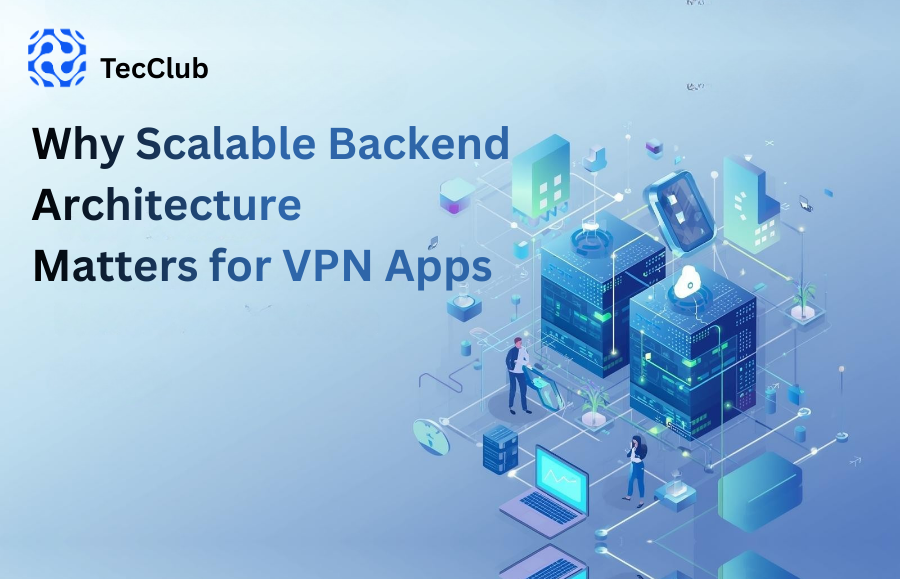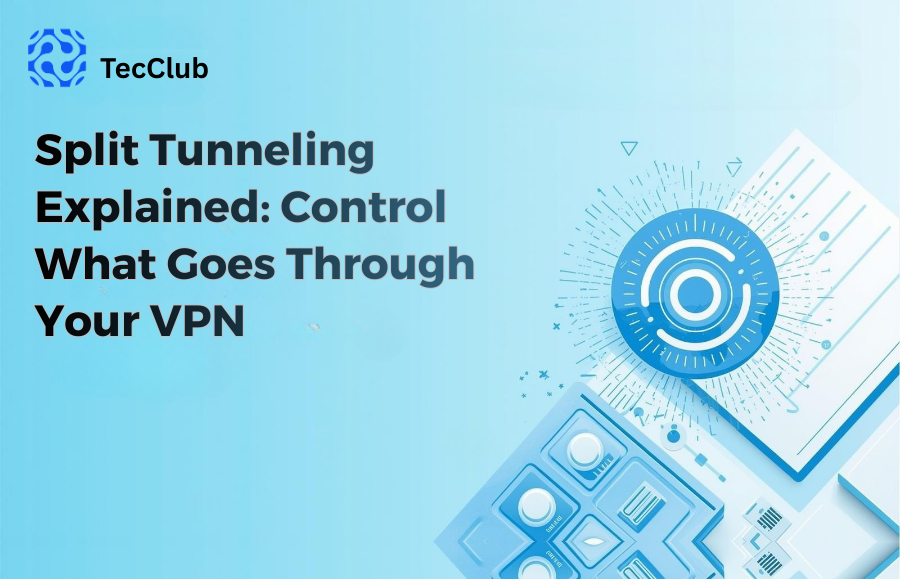
As businesses increasingly rely on cloud services, remote teams, and digital infrastructure, the need to safeguard sensitive data has never been greater. Cyberattacks are escalating in both volume and sophistication, making secure data transfer a top priority. A Virtual Private Network (VPN) stands out as one of the most reliable and cost-effective defenses for maintaining business data security.

Corporate data breaches are costly—IBM reports an average breach cost of $4.45 million.
Consequences include:
Financial penalties (e.g. GDPR, HIPAA, PCI)
Erosion of customer trust
Disruption in business operations
Protecting business data isn’t just good practice—it’s essential for survival.
Secured Remote Access
VPNs enable employees to safely connect to corporate systems from unsecured Wi-Fi or home networks, reducing risks even when outside the office.
End-to-End Encryption
Using protocols like AES-256 and TLS, VPNs encrypt data so intercepted traffic remains unreadable.
IP Masking & Anonymity
By hiding IPs, VPNs mitigate risks from targeted attacks, tracking, or unauthorized access.
Secure Cloud Access
VPNs provide a secure tunnel for working with cloud services like AWS, Azure, or Google Cloud.
Defense Against Insider Threats
VPNs add layers of authentication and access control to help guard against misuse of credentials from within.

Finance – Secures transactions and protects against fraud
Healthcare – Ensures HIPAA compliance for patient data
SaaS Platforms – Safeguards dashboards and customer data
Enterprises – Enables safe, regional communication across global offices
Remote Teams – Maintains secure access from anywhere
Firewalls and antivirus software focus on threat detection and blocking. VPNs, however, protect the communication channel itself—shielding data even before threats can reach it.
NordLayer / Perimeter 81
Around $8 per user/month for basic plans; rises to $11/month for dedicated IP addresses. Enterprise pricing usually custom-quoted.
Small team (1 VPC, 1 subnet, ~3 users): $96/month ($1,150/year)
Medium team (10 users, 3 subnets, split tunnel): $368/month ($4,400/year)
Large enterprise (50 users, multiple subnets): $850/month ($10,200/year)
Cost components include subnet association, connection time, and data egress.
Software may be free, but setup and infrastructure costs vary.
“It can be as low as $5 per person per month… or you might need to pay ~$100 for VPN routers with no ongoing cost.”
| VPN Solution Type | Indicative Monthly Cost |
|---|---|
| Business VPN (managed service) | $8–$11 per user/month |
| Cloud VPN (AWS) | $100–$850+ per month (team-based pricing) |
| Self-Hosted/Open-Source | Varies with infrastructure and setup |
A VPN is more than a tool—it’s a strategic business safeguard. Whether you're securing remote teams, protecting sensitive cloud data, or fortifying enterprise communications, a VPN offers robust, scalable security.
At TecClub Technology, we help design and implement tailored VPN solutions—whether ready-made services or custom deployments—aligned with your business needs, budget, and regulatory requirements.

